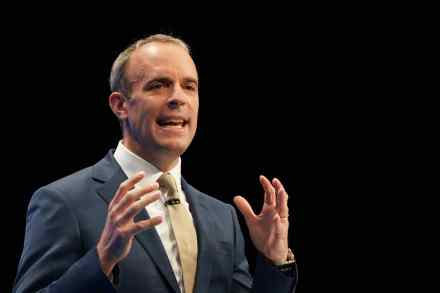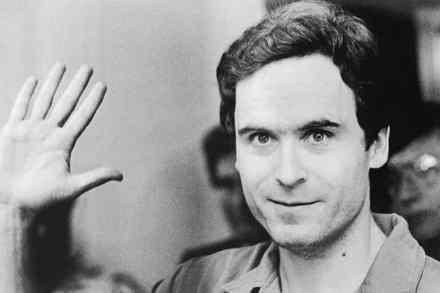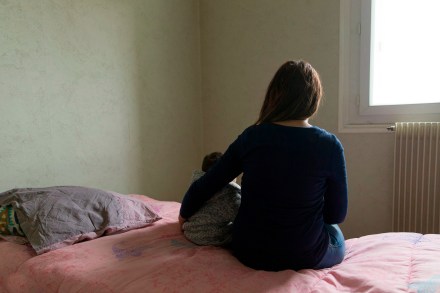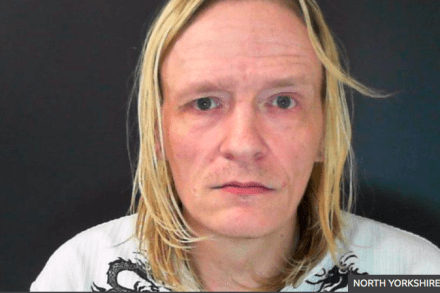It’s time female fraudsters received their due
If you’re after jewel thieves, bank robbers and gold smugglers, look no further than Caitlin Davies’s Queens of the Underworld. It opens in 1960 and tells the tale of Zoe Progl, a professional crook who once stole £250,000-worth of furs in a single heist. Eventually sent to Holloway Prison for 20 years, Progl subsequently pulled off the most successful jailbreak in 75 years when she scaled the 25ft wall to freedom. Davies describes how her interest in this case led her to talk to Progl’s daughter after her mother’s death and, realising there was barely any public knowledge about this notorious, successful and imaginative criminal, thought that Progl was one





















